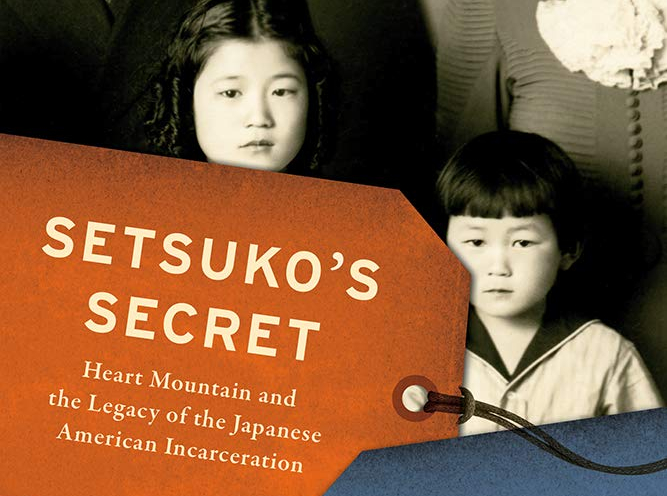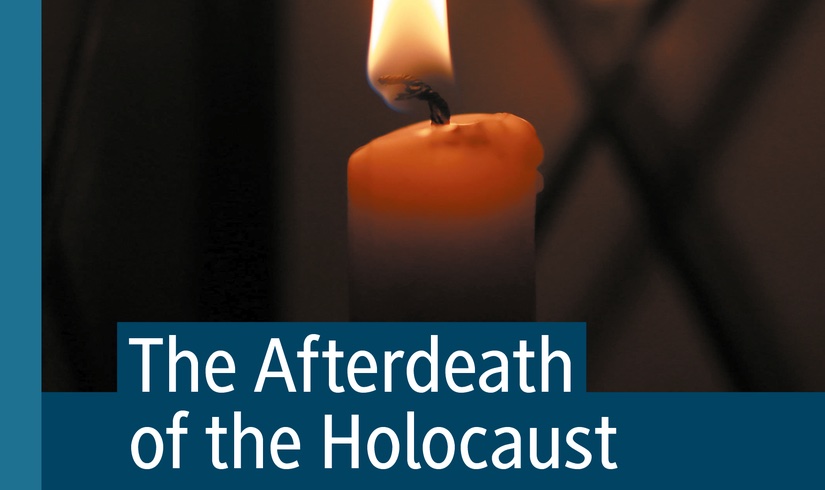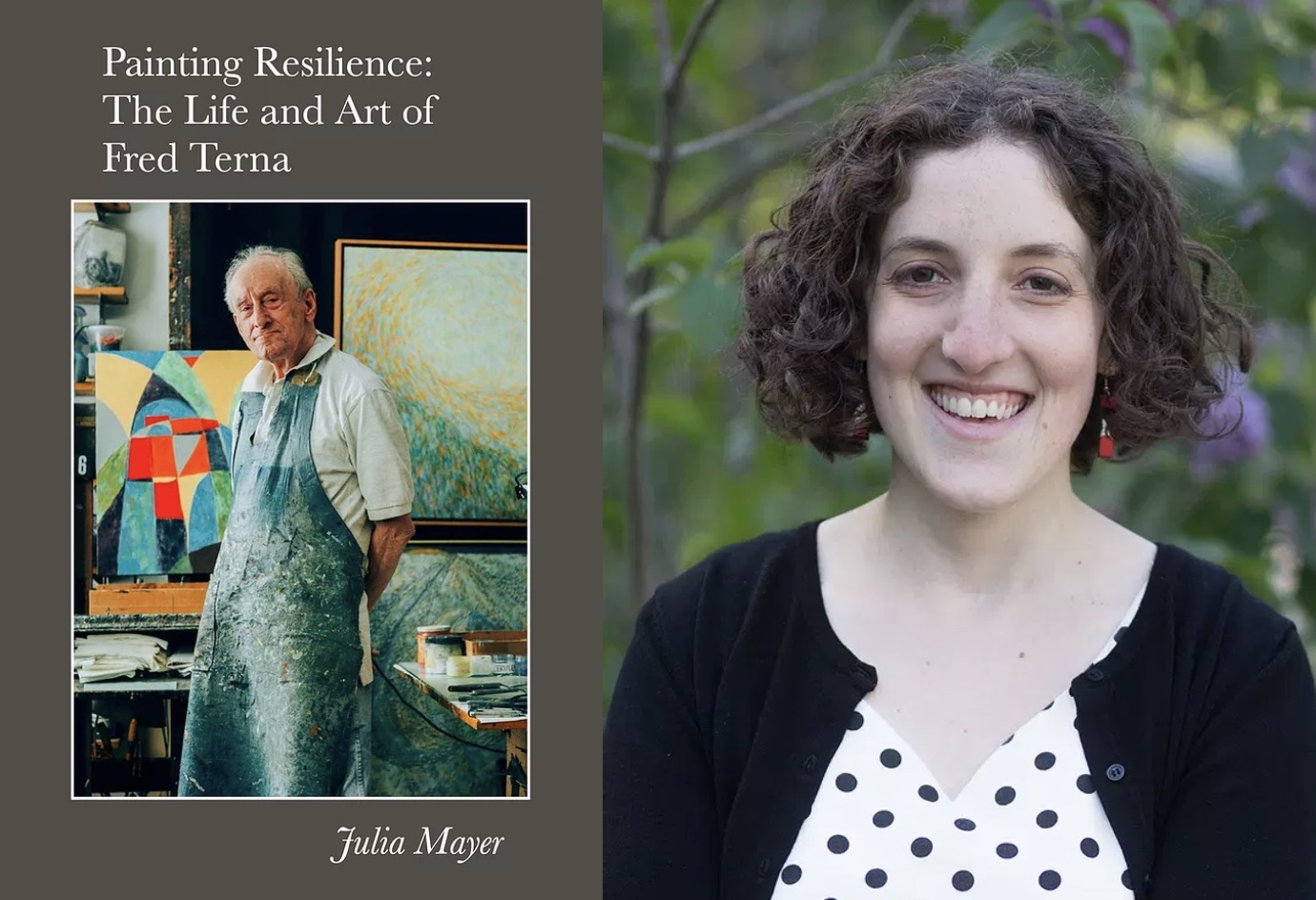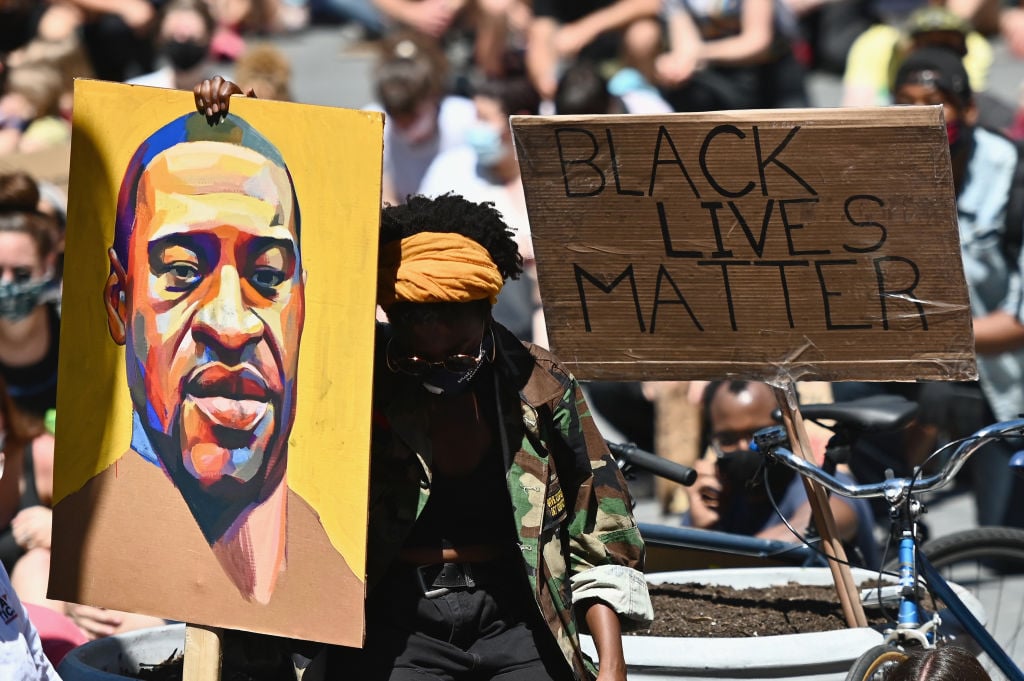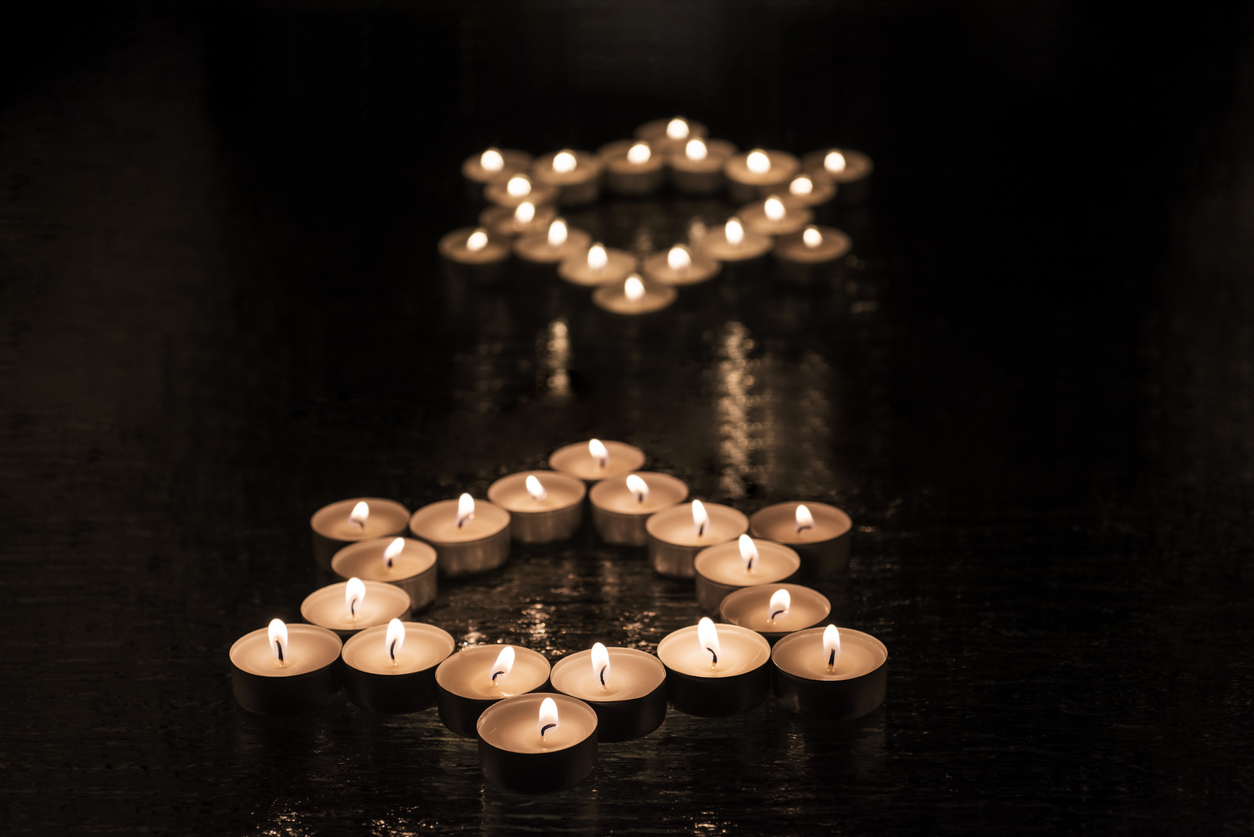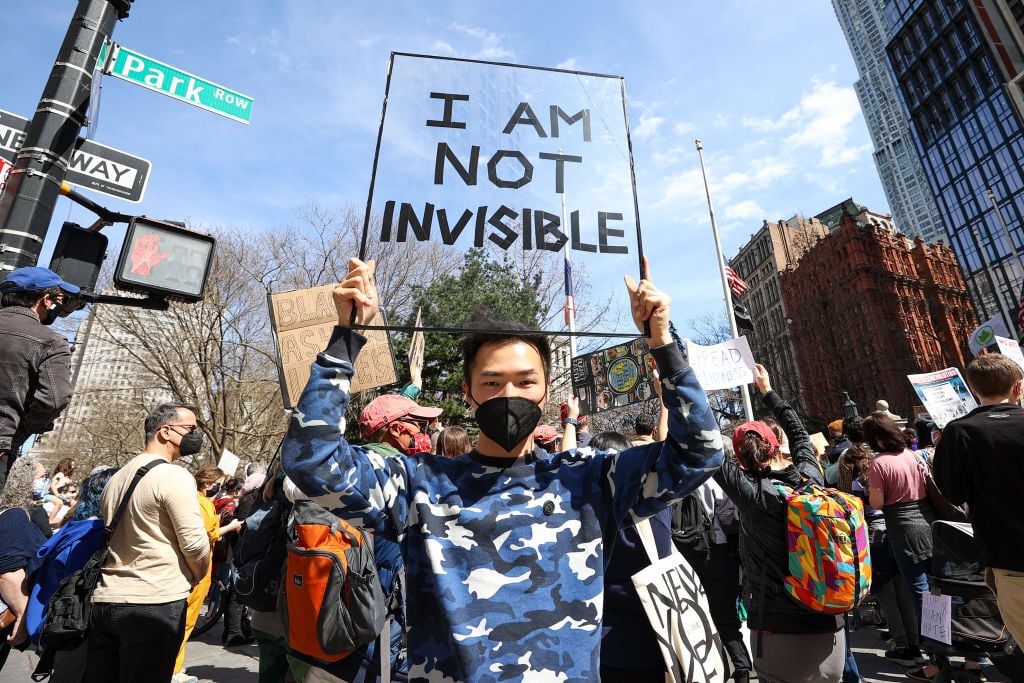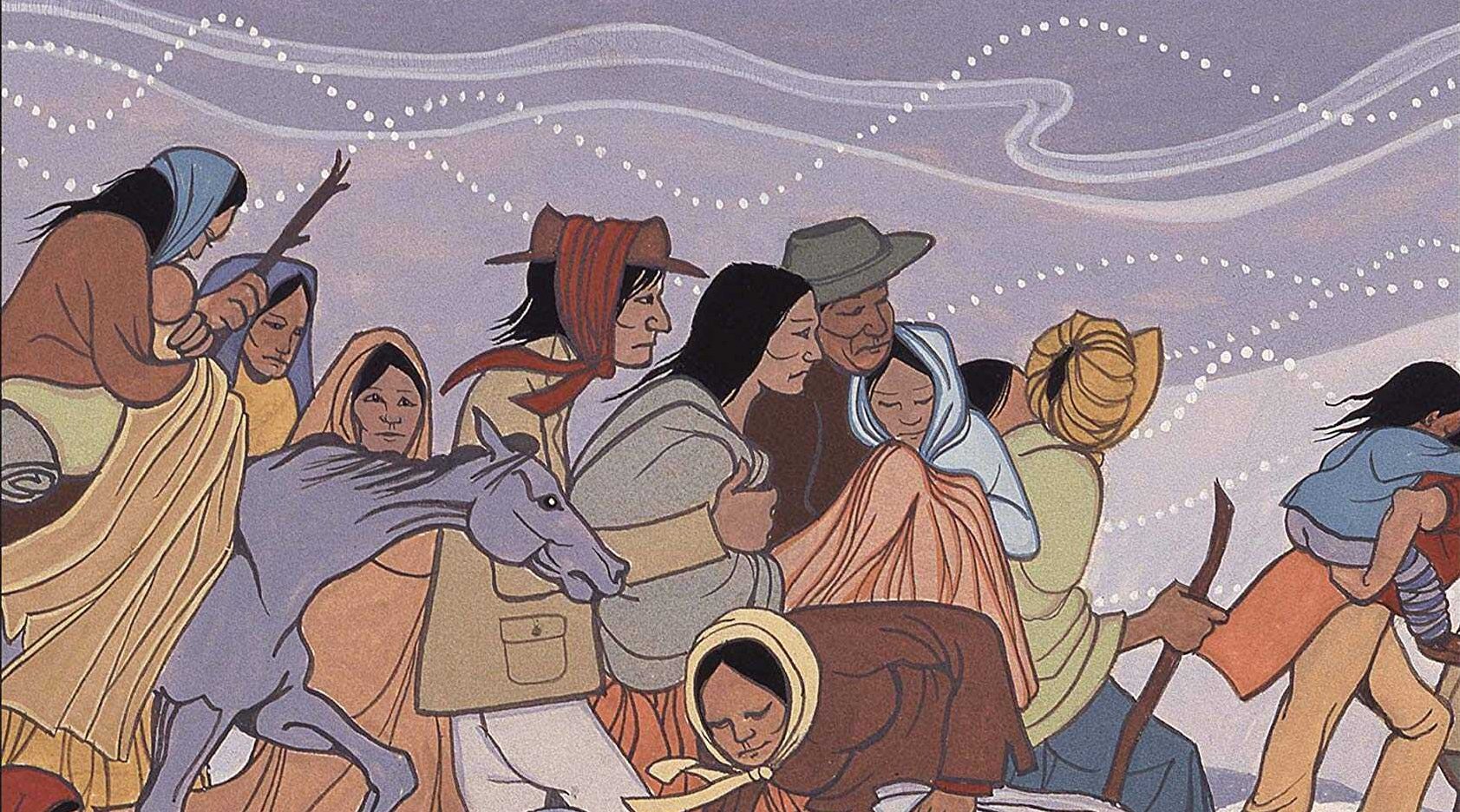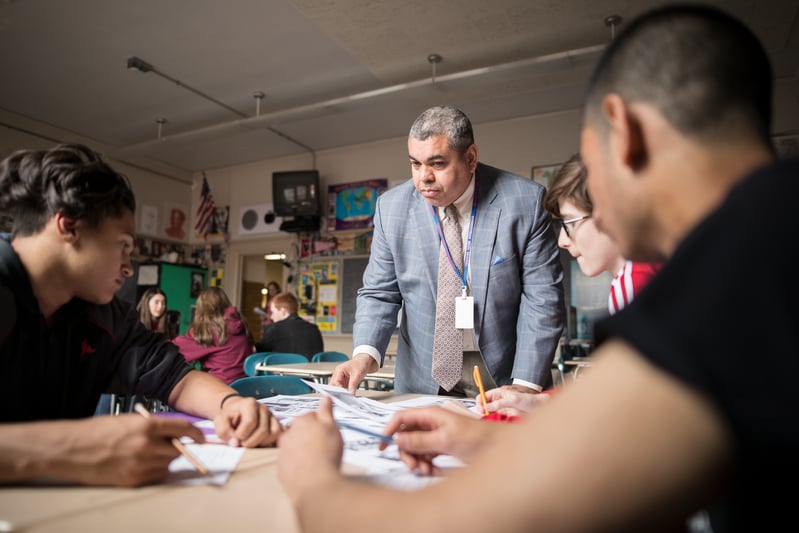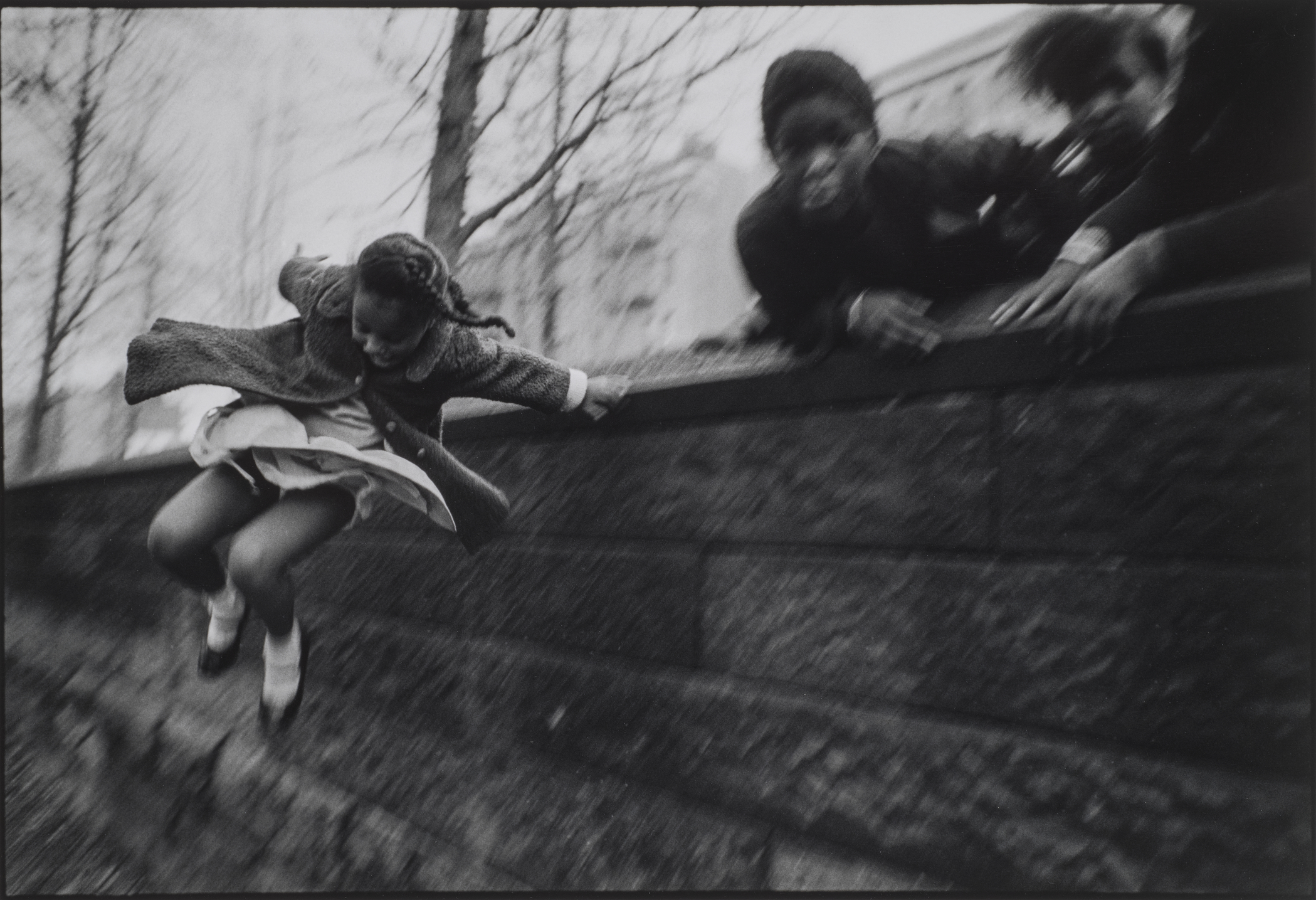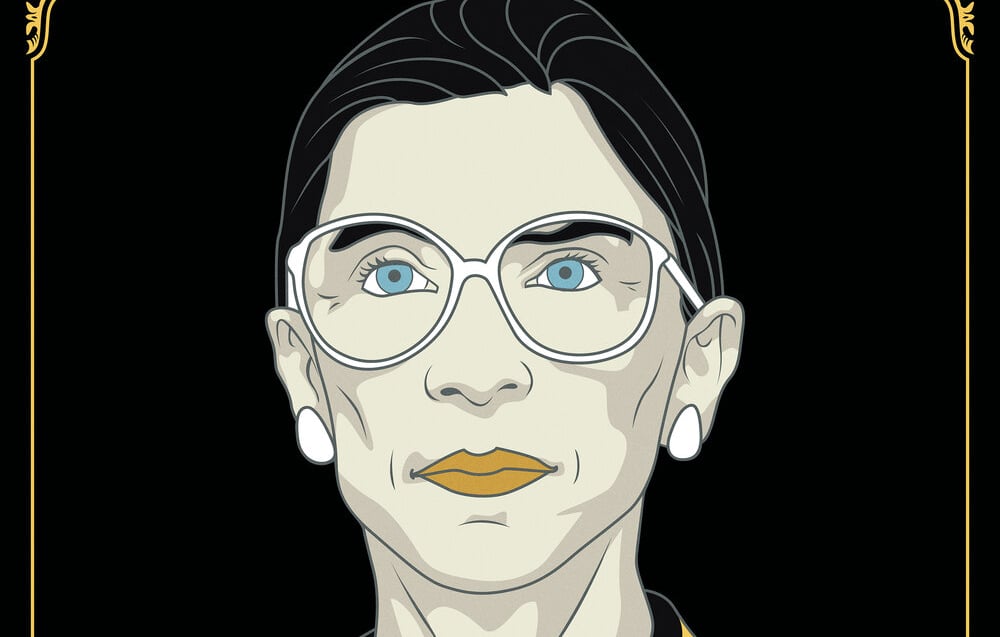The Afterdeath of the Holocaust: A Conversation with Dr. Lawrence L. Langer
Posted by Kaitlin Smith on April 30, 2021
This April during Genocide Awareness Month, eminent Holocaust scholar Lawrence L. Langer shared a number of provocative insights from his latest scholarship with Facing History staff. In Dr. Langer’s new book, The Afterdeath of the Holocaust, he raises critical questions about the prevailing narratives and language used to characterize the Holocaust and Holocaust survivorship. In particular, he poses challenging questions about the meaning of survival and urges his readers to face the losses and profound suffering of victims and survivors without the sentimentality that he feels predominates. As scholars throughout the field of Holocaust Studies continue to grapple with these complex questions, Dr. Langer contributes a challenging perspective that ultimately calls for commitment to unvarnished truth telling about the depth of loss and suffering borne by victims and survivors themselves. This April and all year long, we at Facing History are also sitting with these rich questions and commitments.
Topics: Holocaust
Painting Resilience: Author Julia Mayer on Artist and Holocaust Survivor Fred Terna
Posted by Kaitlin Smith on April 27, 2021
I recently had the opportunity to sit down with Julia Mayer, author of Painting Resilience: The Life and Art of Fred Terna—a new biography that explores the life of one Holocaust survivor after liberation and the skills required not just to live, but to thrive. In this interview, Mayer discusses the evolution of her lifelong relationship with Fred; vital lessons that she has learned from him about the power of lifelong learning and enduring in the face of suffering; and the continuing urgency of amplifying the stories of Holocaust survivors today.
Topics: Holocaust, Survivor Testimony
Reflecting on Anti-Black Violence, Justice, and Accountability
Posted by Kaitlin Smith on April 24, 2021
On Tuesday evening, it was announced that former Minneapolis police officer Derek Chauvin has been found guilty of all charges leveled against him in connection with the death of George Floyd in May 2020. The twelve-person jury reached the unanimous verdict that Chauvin committed second-degree murder, third-degree murder, and second-degree manslaughter against Floyd nearly a year go. As we exhale in the wake of this decision, we must remain present to the unending stream of historical and contemporary violence that surrounds this guilty verdict.
Topics: American History, Racism, Black History
Yom HaShoah, or Holocaust Remembrance Day, is observed every April around the world. On this day, we remember the six million Jews murdered in the Holocaust, and the Jewish resistance that accompanied and followed these events. Today, we sit with the pain, suffering, and multigenerational trauma sustained by the six million victims and their families.
Topics: Holocaust and Human Behaviour
Combating the Erasure of API Experiences and Anti-API Violence
Posted by Facing History and Ourselves on April 2, 2021
On Monday, March 29th, a Filipino woman was brutally attacked in New York City while bystanders, including security guards, looked on without intervening. On Tuesday, March 16th, six Asian Pacific Islander (API) women lost their lives in three consecutive shootings in the Atlanta area. Weeks earlier around Lunar New Year, a wave of xenophobic violence swept the San Francisco Bay Area, metro New York and other US cities where numerous API people were attacked and some lost their life.
Genocide Awareness Month every April is an important time to draw our attention to the victims of genocides that are ongoing in the contemporary world, that may yet happen, and that have already taken place, leaving an indelible mark on individuals, communities, and nations. However, Genocide Awareness Month is also an opportunity to recover and amplify the stories of people who, despite being targeted by perpetrators, have refused to be victims and resisted against all odds.
Topics: Armenian Genocide, Holocaust, genocide, china, Native Americans
In the United States, the notion that public schools should prepare young people for the rights and responsibilities of democratic life is both a platitude and a political lightning rod. Most Americans broadly support the idea of civic education. In a 2020 poll of more than 1000 Americans about prospects for healing national divides, both conservatives and liberals identified civic education as the single most promising solution among a range of possible options. This consensus tends to fall apart, however, when it comes to the specific goals, content and methods of civics instruction, and many efforts to improve civic education are beset by partisan controversy. These challenges are compounded by systematic under-investment: at the federal level, we spend just $0.05 per student per year on civic education, compared to $50 per student on STEM.
2021 has already been a history-making year for women in civic life with the inauguration of the first woman Vice President of the United States, Kamala Harris. Along with the continuing importance of women’s political engagement, there are many additional ways that women contribute to society, challenge the status quo, and help to restore humanity and dignity to those denied it. One of these is the domain of art. We have witnessed an upsurge of artmaking inflected with social and political themes explode onto the public stage over the last year, art connected to the Black Lives Matter movement being one prominent example. This Women’s History Month, we have an opportunity to delve into the work and worlds of women artists, in particular. Founded in 1981, The National Museum of Women in the Arts describes itself as the “only major museum in the world solely dedicated to championing women through the arts,” and has curated a plethora of learning opportunities for those eager to explore women’s artmaking.
Topics: Art, Women's History Month
Women’s History Month is a great time for educators to consider how to incorporate women’s stories, contributions, and ideas into their classroom teaching all year. One way to access inspiration for that work is to watch films on women’s history whether with the intention of bringing them into the classroom or translating some of the themes presented into an original lesson.
Here are 9 films worth thinking with that illustrate critical stories from American women’s history as well as women’s-history-in-the-making around the world:
Topics: Women's History Month

